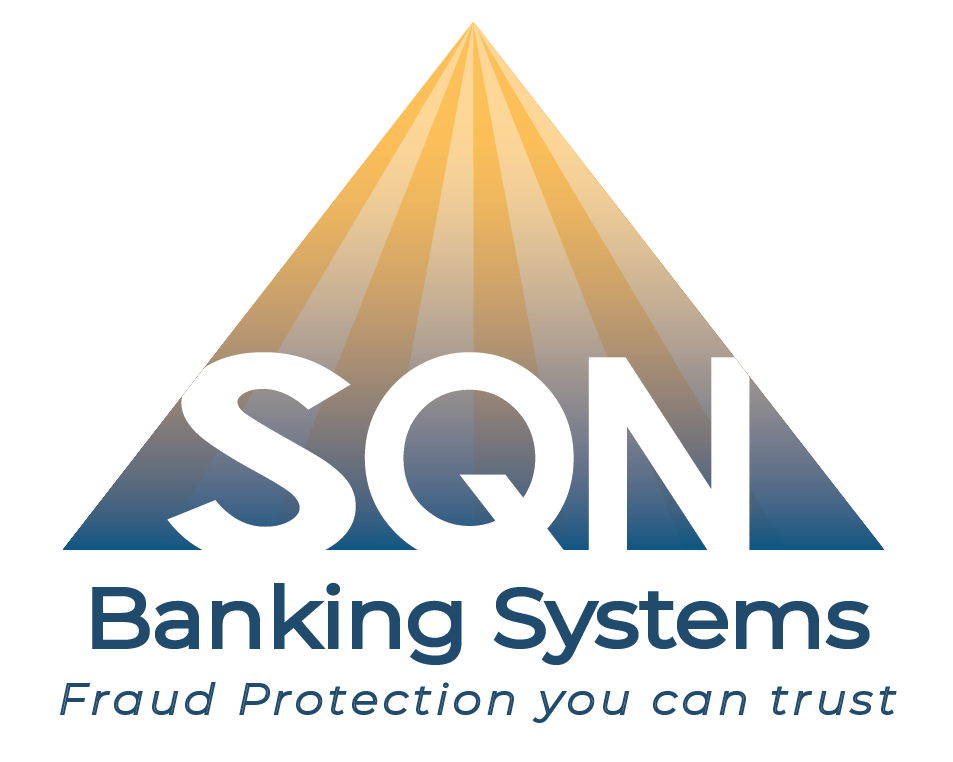 COVID-19 has wreaked havoc on retail banking. If you run a bank, you’re undoubtedly dealing with the challenges of keeping in-person services available in the age of social distancing, managing revenue in the face of record low interest rates, and supporting remote workers while also juggling compliance issues.
COVID-19 has wreaked havoc on retail banking. If you run a bank, you’re undoubtedly dealing with the challenges of keeping in-person services available in the age of social distancing, managing revenue in the face of record low interest rates, and supporting remote workers while also juggling compliance issues.
How can you stay on top of these new challenges and ensure your bank is poised for the future? Well there are no easy answers, these tips can help.
1. Focus on Continuity
Ideally, you need to deal with the pandemic in front of you, while also keeping your eye on long-term savings and successful practices.
For example, to keep your employees safe during the pandemic, you may want to schedule in-person visits rather than welcoming walk-ins, but you should also take this as an opportunity to track why people are scheduling appointments and look for ways to move them online. Ultimately, transitioning more customers to virtual services will lower costs in the long run.
Similarly, if you have reduced your branch footprint by closing satellite locations, you may want to consider eventually putting call center or back office employees in the closed locations to save money. Take the time to brainstorm ideas and crunch the numbers now as you develop a continuity plan for tomorrow.
2. Preserve Customer Relationships
The way you treat your customers during the pandemic will reflect on your brand for years to come. Find ways to extend empathy to your customers, without damaging your bottom line. Depending on your situation, this may include:
- Loan relief or deferrals with no impact to credit bureau reports for a limited time
- Debt transfers from high to low interest vehicles, such as from credit cards to home equity loans
- Interest deferrals
- Fee waivers
- Customized solutions to meet varied customers’ needs
In all cases, make sure you’re reaching out to your customers to let them know how you’re supporting the community during this time. You want customers to believe that you’re working with them and not against them.
3. Use Liquidity Carefully
With liquidity buffers waning throughout the industry, banks are facing difficult decisions about their balance sheets. To avoid being caught off guard, monitor deposit fluctuations and keep in mind deposits may decrease as businesses and individuals deal with reduced revenue or lack of paychecks.
Work closely with your accounting team to make a plan for managing expenses in light of reduced revenue, and review all planned capital actions to ensure they make sense in the current economic climate.
4. Cut Costs
To stay in the black, you may need to reduce your spending. Look through every department and identify unnecessary spending. For instance, make sure you’re not heating and cooling unused offices or retail locations, check that you’re not paying to renew unnecessary IT licenses, and track marketing efforts so you can cut the least effective campaigns.
Additionally, try to save money on back office operations by investing in tools that automate workflows. You can automate everything from fraud detection to procurement, and after investing in these tools, most banks notice the time and cost savings within just a few months.
5. Update Your Risk Management Strategy
The government’s emergency interest rate cuts coupled with the fact that some bond yields have gone negative, highlights the potential risk of a negative policy rate. Do you have a risk management process designed to deal with this type of scenario? If not, you need to create a plan.
For instance, you may need to make a plan to manage an expanding deposit portfolio and find ways to steer customers toward checkings, savings and money market accounts so that you can cover losses from slowed loan growth.
6. Focus on Fraud Prevention
On top of dealing with all the challenges noted above, banks are also facing a heightened risk of fraud and cybercrime as criminals leverage the pandemic for personal gains. Make sure that your bank is well protected.
Crises can be scary for both individuals and businesses, but these events can also bring out the best in people. If you use this situation to enhance relationships with your customers, streamline internal processes, and cut costs without diminishing offerings, you position yourself for greater success in the post-COVID-19 world.
At SQN Banking Systems, we provide fraud detection and prevention solutions that automate processes and detect fraud more effectively than human teams alone. Our hosted solutions help you safeguard relationships with customers, while also minimizing losses from fraud. Ready to learn more? Then, contact us today at (609) 261-5500.
